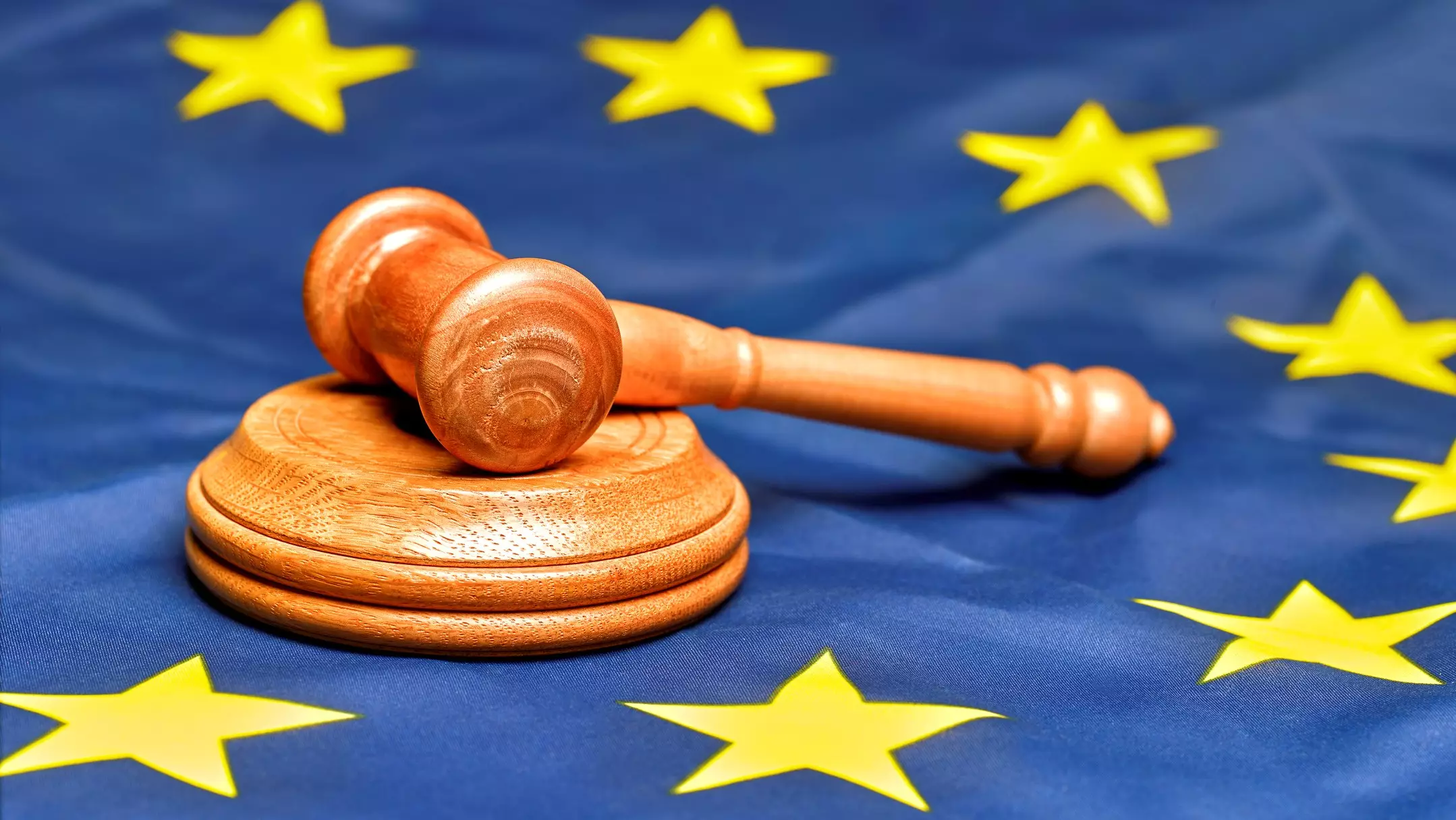In a significant move against corporate noncompliance, the European Commission has slapped Apple and Meta with hefty fines totaling €700 million for breaching the Digital Markets Act (DMA). Apple faces a formidable €500 million penalty for violating anti-steering regulations tied to its App Store, while Meta is on the hook for €200 million for failing to provide consumers with a less invasive data option regarding personalized ads. While these fines are substantial on the surface, one can’t help but question their actual impact on these tech behemoths, whose revenue numbers can dwarf even the most daunting penalties.
Apple’s App Store Control
Apple’s breach relates specifically to its restrictive App Store policies, which thwart developers from informing customers about alternative, often cheaper, options available outside of Apple’s ecosystem. Under the DMA, developers should enjoy the freedom to direct potential customers to alternative means of acquiring their apps or services—without being hindered by the hoops Apple places in their path. The European Commission’s findings underscore that Apple has yet to justify the necessity of these restrictions. By denying developers the communication channels to alert consumers about alternative offers, Apple not only damages fair competition but also erects barriers that limit consumer choice.
In essence, Apple’s stance raises larger questions about the ethics of gatekeeping in the digital marketplace. If a platform dictates how developers can interact with users, it’s not merely an issue of corporate power—it becomes a matter of consumer rights and market fairness. The real crux of the situation is whether the significance of the fine will lead to any genuine reform in the company’s practices, or if it will simply be a cost of doing business they are willing to pay to maintain dominance.
Meta’s Advertising Dilemma
On the other hand, Meta’s fine speaks volumes about the ongoing ethical quandaries surrounding data privacy. The European Commission criticized the company’s “consent or pay” advertising model as inconsistent with the DMA. Under this framework, users of Facebook and Instagram face a stark binary choice: consent to have their personal data pooled for targeted advertising or pay a subscription fee for an ad-free experience. This model not only complicates genuine informed consent but also betrays an understanding of user rights that should be fundamentally respected.
Here lies the paradox of modern digital platforms: while they offer free services powered by advertising, the cost is borne by consumer privacy. The European Commission’s ruling suggests that users must be given a genuine option—an ad service with reduced data use that doesn’t resort to coercive tactics. However, does Meta care enough to alter its business model, or will it continue along the path of least resistance?
The Fine Print: Are Fines Just Window Dressing?
At first glance, the fines imposed might appear to be a significant dent in the operations of both companies. Yet, with Meta’s revenue clocking in at $164.5 billion and Apple’s hitting $124.3 billion, the penalties feel more like a slap on the wrist than a serious deterrent. If these companies can easily absorb such costs—comparable to mere pocket change in the grand scheme of their operations—what incentive do they have to change their ways?
This raises an important question about the very nature of corporate accountability and legal enforcement in the tech sector. Are regulatory bodies attributing enough weight to their sanctions? How much can we rely on financial penalties to reform corporate behaviors that have become deeply entrenched? As companies continually report exorbitant losses in other areas while maintaining record revenues, the effectiveness of fines designed to curb malpractices hangs in the balance.
The Quest for Genuine Reform
If we delve deeper, the focus should not solely be on fines but on the broader paradigm shift in tech accountability. The laws governing digital marketplaces must keep pace with rapid technological advancements and emerging ethical standards. The significant reliance on mega-corporations—both in terms of market share and social influence—addresses a symptom of a much larger dilemma: the ethics of user consent, and the controls corporations wield over individual freedoms.
Ultimately, societies need to demand more than just fines from these organizations. How do we ensure enduring and meaningful change that prioritizes consumer rights and competitive integrity? Only a cultural shift—one that holds tech companies accountable not only for their financial misdeeds but also for their societal impact—can start to realign the balance of power in an increasingly digital world.

